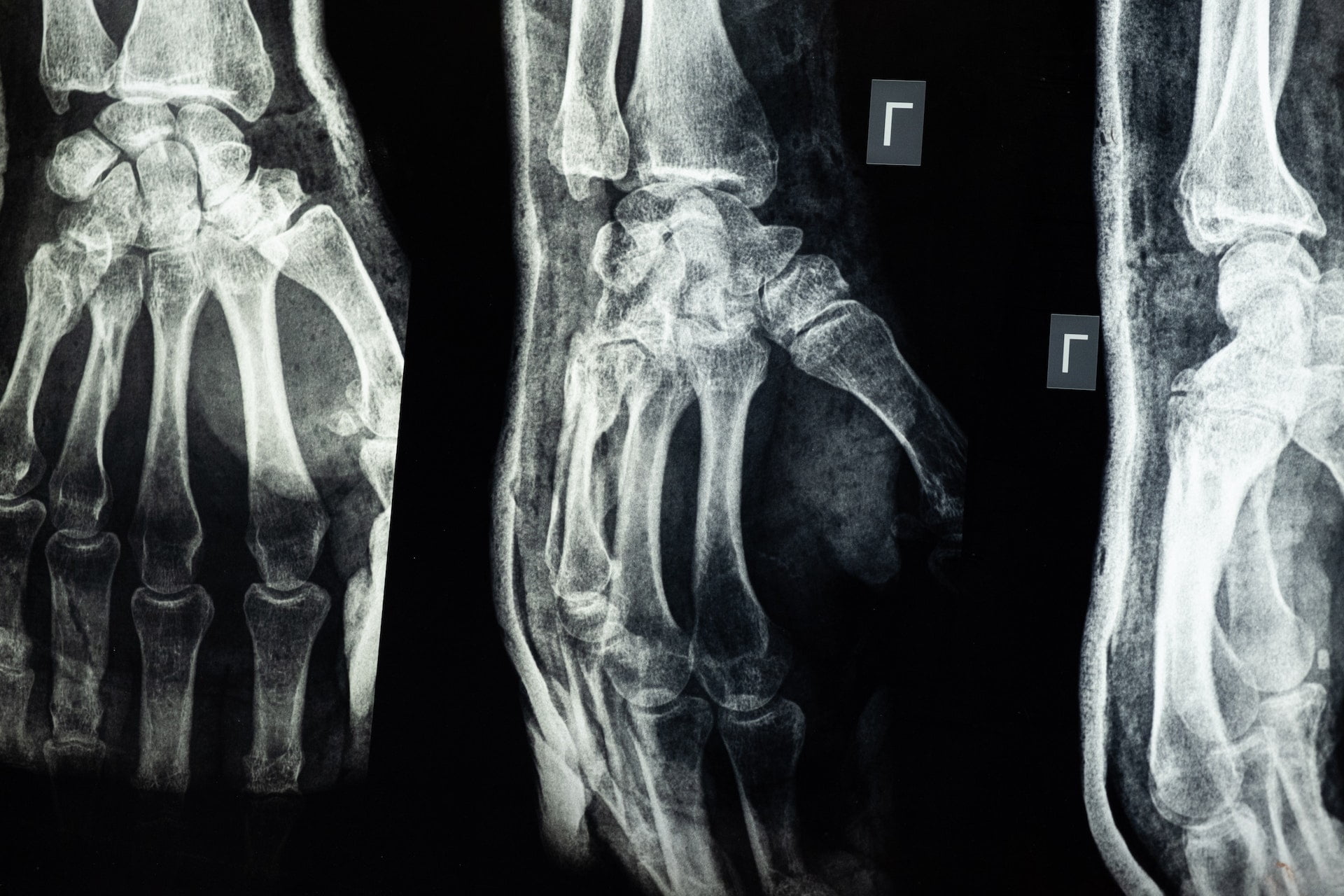
How to Prevent Injuries in Brazilian Jiu Jitsu
Brazilian Jiu Jitsu (BJJ) is a martial art and sport that involves grappling, wrestling, and submission techniques. It is a great way to improve your fitness, confidence, and self-defense skills. However, like any physical activity, BJJ also comes with some risks of injury. Injuries can happen due to accidents, overtraining, poor technique, or lack of preparation. Fortunately, there are some steps you can take to prevent injuries and enjoy BJJ safely and effectively. Here are some tips on how to prevent injuries in BJJ:
Do not train too much or too hard
BJJ is a demanding sport that requires a lot of energy and endurance. However, training too much or too hard can lead to overuse injuries, fatigue, and burnout. You need to listen to your body and respect your limits. Avoid training when you are sick, injured, or exhausted. Give yourself enough time to rest and recover between sessions. Follow a balanced training program that includes warm-ups, cool-downs, drills, sparring, and conditioning. Do not try to learn everything at once or compete with others who are more advanced than you. Train smart and safe.
Stretching and warm-ups are important
Before you start your BJJ session, you need to prepare your muscles and joints for the activity. Stretching and warm-ups can help you increase your blood flow, flexibility, mobility, and range of motion. They can also prevent stiffness, soreness, and cramps. You should stretch and warm up for at least 10 minutes before you train. Focus on the areas that are most involved in BJJ, such as your neck, shoulders, back, hips, knees, ankles, wrists, and fingers. You can also do some dynamic exercises such as jogging, skipping, jumping jacks, squats, lunges, etc. to get your heart rate up.
Safety gears are very important
BJJ is a contact sport that can expose you to various impacts and pressures. Therefore, you need to protect your vulnerable areas from trauma and damage. Safety gears such as mouthguards, ear guards, knee braces, etc. are very important to prevent injuries such as cuts, bruises, fractures, dislocations, etc. You should always wear safety gears that fit you well and are comfortable to use. You should also check them regularly for any signs of wear and tear and replace them if needed.
Strength training helps in preventing injuries
Strength training is not only good for improving your performance in BJJ but also for preventing injuries. Strength training can help you condition your muscles, tendons, ligaments and bones to withstand higher loads and resist fatigue. It can also help you balance your muscle groups and correct any imbalances or weaknesses that may lead to injuries. You should include strength training in your weekly routine at least twice a week. Focus on exercises that target the core muscles (abdominals, lower back), the upper body muscles (chest, shoulders), the lower body muscles (legs), and the grip muscles (forearms). You can use weights, resistance bands, bodyweight exercises or machines for strength training.
Get enough sleep and eat well
Sleep and nutrition are essential for your health and well-being. They are also crucial for your recovery and injury prevention in BJJ. Sleep is when your body repairs itself from the stress of training and restores its energy levels. You should aim for at least 7-9 hours of quality sleep every night. Avoid caffeine or alcohol before bed as they can disrupt your sleep quality. Eat well means eating foods that are good for recovery such as protein (meat, eggs), healthy fats (nuts), antioxidants (fruits), anti-inflammatory foods (fish), etc. You should also stay hydrated by drinking plenty of water throughout the day.
Learn to tap out
Tapping out is the signal that you give to your partner when you are caught in a submission or feel pain or discomfort. Tapping out is not a sign of weakness or failure but a sign of respect and intelligence. Tapping out can save you from serious injuries such as broken bones, torn ligaments, or choked out. You should never let your ego get in the way of your safety and health. You should tap out early and often when you are in danger or unsure of how to escape. You should also respect your partner's tap and release them immediately when they tap. Remember that BJJ is a martial art that is based on mutual trust and cooperation.
